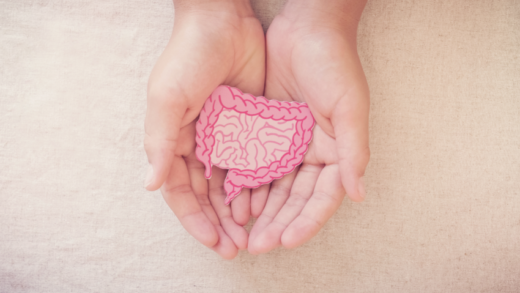Emotional distress is a common mental health problem that affects millions of people worldwide. It is a broad term that refers to a range of mental health conditions, including anxiety, depression, and post-traumatic stress disorder (PTSD). Emotional distress can be caused by various factors, such as traumatic events, chronic stress, and other mental health conditions.
The symptoms of emotional distress can manifest themselves in different ways, depending on the individual’s personality, life experiences, and other factors. Some common symptoms of emotional distress include feelings of sadness or hopelessness, intense anxiety or fear, difficulty sleeping or staying asleep, loss of interest in activities once enjoyed, changes in appetite and weight, irritability or anger, difficulty concentrating or making decisions, and physical symptoms such as headaches, stomachaches, and muscle tension.
Coping with emotional distress can be challenging, but there are several effective strategies that can help. Seeking professional help is often the first step towards recovery. A mental health professional can provide the support and guidance needed to cope with emotions effectively. Self-care is also essential when dealing with emotional distress. Taking time for oneself to engage in activities that one enjoys, such as reading, listening to music, or practicing mindfulness, can help manage emotions.

Connecting with others is another practical tip for managing emotional distress. Isolation can make emotional distress worse, so it is essential to connect with friends, family, or a support group to share thoughts and feelings. Regular exercise is a natural mood booster that can help alleviate symptoms of emotional distress. Aim for at least 30 minutes of moderate exercise per day.
Relaxation techniques such as deep breathing, meditation, or yoga can also help reduce anxiety and stress. It is essential to find what works best for each individual, as everyone copes with emotions differently.
Bullet points:
- Stay hydrated by drinking plenty of water and fluids
- Eat small, frequent meals throughout the day to manage nausea
- Use gentle, fragrance-free skincare products to avoid irritation
- Try relaxation techniques such as deep breathing and yoga to manage stress
- Communicate openly with your healthcare team about your side effects and concerns
FAQs:
Can side effects from treatment be prevented?
Some side effects can be prevented or reduced by adjusting the dose or schedule of your treatment or by taking medications to manage symptoms.
How long do side effects from treatment typically last?
The duration of side effects can vary depending on the type of treatment and the individual patient. Some side effects may last only a few days, while others may persist for weeks or months.
Are there any natural remedies for managing side effects?
Some natural remedies such as ginger or peppermint may be helpful for managing nausea, but it is important to talk to your healthcare team before trying any new remedies.
How can I manage hair loss during treatment?
Wearing wigs, hats, or scarves can help cover hair loss. Some patients also choose to shave their heads to make hair loss less noticeable.

How can I manage fatigue during treatment?
It is important to rest when you feel fatigued, but also to incorporate some physical activity into your routine if possible. Your healthcare team can also recommend medications to manage fatigue.
Conclusion:
Side effects from treatment can be challenging, but with the right strategies and support, they can be managed effectively. It is important to communicate openly with your healthcare team about your symptoms and concerns, and to seek medical attention if necessary. By taking steps to manage side effects, you can focus on your recovery and improve your overall quality of life during and after treatment.
Remember that everyone’s experience with treatment and side effects is unique, so it is important to find what works best for you. Don’t be afraid to try different strategies or to ask for help when you need it.
If you are experiencing side effects that are affecting your quality of life or ability to complete daily activities, talk to your healthcare team. They can work with you to develop a personalized plan to manage your symptoms and improve your overall well-being.
By taking care of yourself both physically and emotionally, you can get through treatment and move towards a healthier, brighter future. Remember that side effects from treatment are temporary, and with time and patience, you can overcome them and continue on your path towards recovery.






















